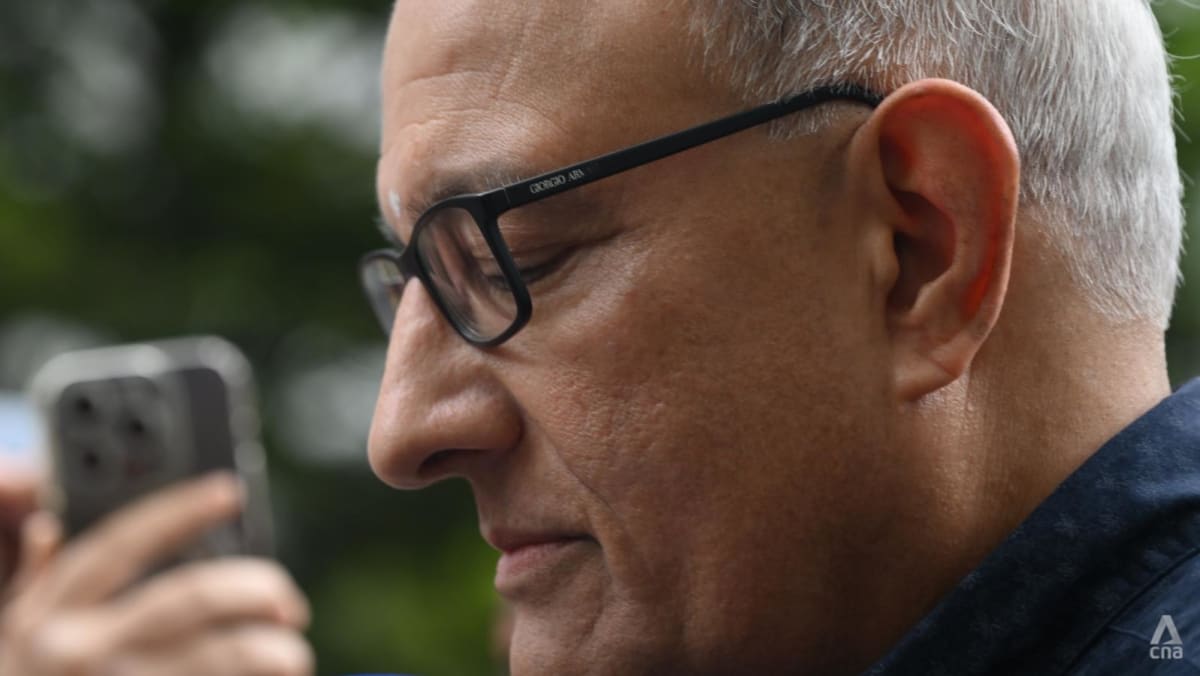With U.S. tariff decision on hold, Sask. businesses use ‘breathing time’ to prep | Globalnews.ca

Like many small businesses across the country, Glitch Gifts in Saskatoon has pushed through many obstacles over the years and is now working to mitigate the threat of U.S. tariffs.
“It’s just kind of exhausting you know, on the heels of COVID and the interest rate hikes,” said owner Mike Erman. “It just feels like there’s been so many things just heaped on small business right now that this is another big hurdle that we’re just going to have to get over.”
Businesses are preparing to navigate potential tariffs imposed by the United States, as well as the effects of retaliation by the Canadian government.
Erman says he is finding ways to get more Canadian and Saskatchewan goods on the shelf, even using social media to gain suggestions.
“The callout was just to help me discover some brands that might be able to replace some of the Americans, or at least complement them a little bit,” Erman said.
Social media has been flooded with tips and shout-outs as people rush to buy Canadian, but the surge in patriotism may not be enough according to University of Regina economics professor Jason Childs.

Get daily National news
Get the day’s top news, political, economic, and current affairs headlines, delivered to your inbox once a day.
“The American economy is just so much bigger than the Canadian economy,” said Childs. “We can’t replace the American consumer simply with the Canadian consumer; there’s just too many of them and not enough of us.”
He added economic activity will see a massive slowdown and unemployment numbers will jump up should tariffs be imposed.
“You will see a lot of people sort of, holding their breath, holding off on purchases in some cases,” said Childs.
Museo Coffee Roasters owner Jimmy Oneschuk is taking the pause in a tariff decision to weigh his options. The coffee shop’s primary bean wholesaler is based in Minneapolis, and the talk of retaliatory tariffs forced him into action.
“I didn’t want to take any chances so the very next morning, I ordered 800 kilos of coffee from that supplier just to buy us some breathing time, basically,” said Oneschuk.
Oneschuk’s main priority is to protect his customers, and he’s looking at pausing his relationship with his American wholesaler should tariffs come into effect.
“I was making phone calls to other roaster friends that are based in Vancouver and Victoria and seeing if we could piggyback off what coffee they’d be buying.”
Even though businesses understand a potential tariff will be a struggle, Erman believes opening the door for homegrown alternatives will keep the money in the local economy.
“I think we will get through it, but we’re just going to have to get creative.”
© 2025 Global News, a division of Corus Entertainment Inc.




